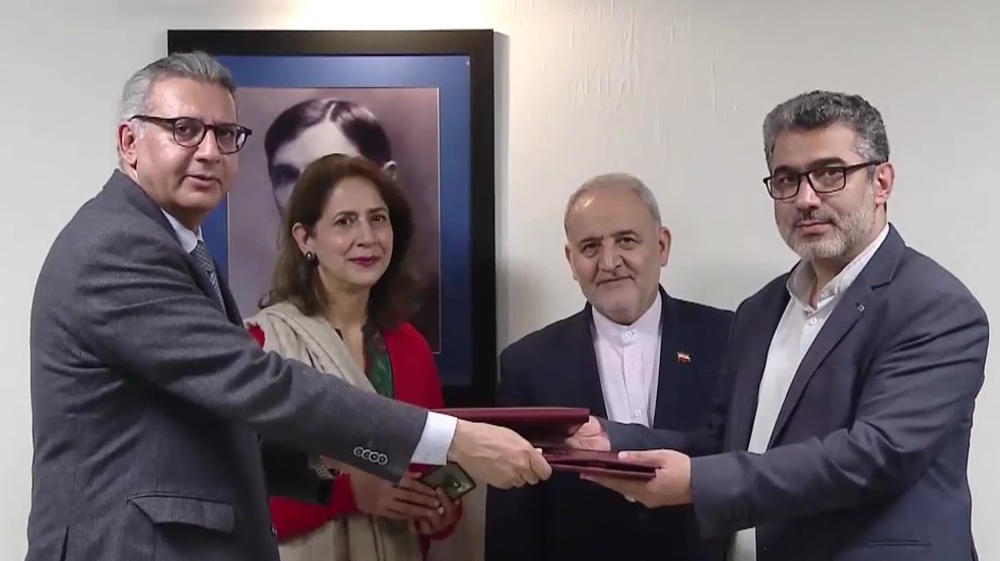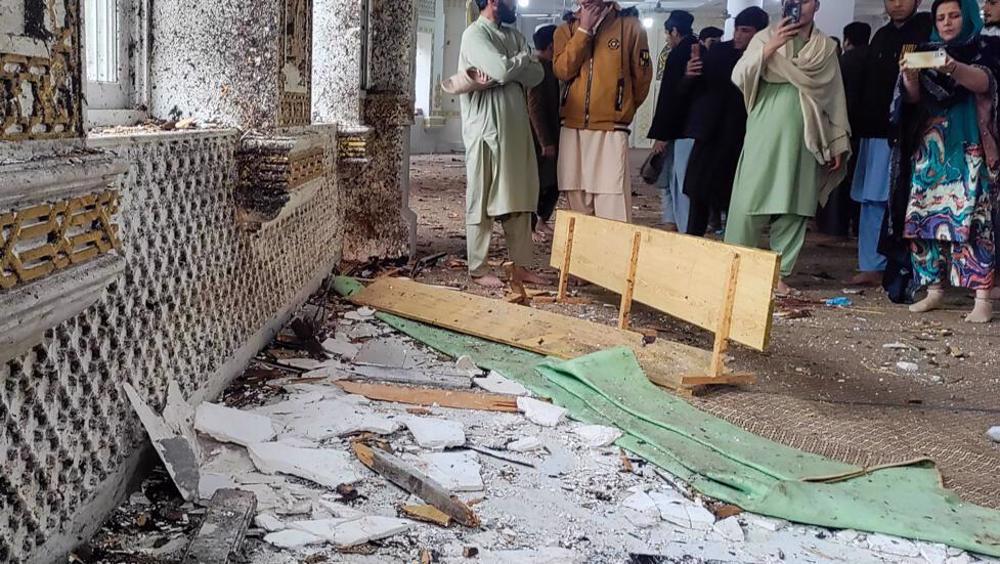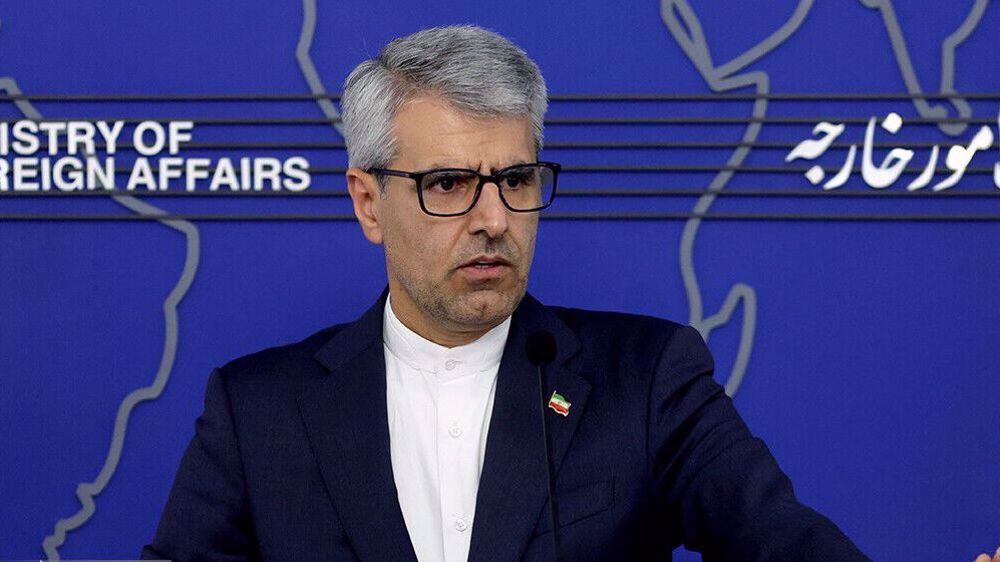Pakistan observes 'Black Day' as tensions with India over Kashmir boil over
Pakistan has observed a "Black Day" to coincide with India's Independence Day celebration as tensions between the two nuclear-armed neighbors boil over the disputed Himalayan region of Kashmir.
More than 1,000 people marched through Muzaffarabad, the capital of Pakistan-administered Kashmir on Thursday. They held black flags and shouted slogans against India's rule over the Muslim-majority region
"As long as India continues its occupation of Kashmir, we will fight within the occupied territory, with full force," Hizbul Mujahideen deputy commander Saifullah Khalid told the crowd.
India has banned Hizbul Mujahideen as a terrorist outfit along with similar groups.
In a symbolic move, flags on government buildings across Pakistan flew at half-mast.
Prime Minister Narendra Modi last week delivered a surprise executive decree to strip India's portion of the Muslim-majority Himalayan region of its special status.
Modi has claimed that the decision was necessary for Kashmir’s economic development and to stop “terrorism.”
Pakistan has formally asked the United Nations Security Council to hold an emergency session to address India's "illegal actions."
The 15-member council could discuss the dispute as soon as Thursday, but Pakistan says it only has guaranteed support from China, which also claims part of India's Jammu and Kashmir state.
Pakistan's most influential English-language newspaper Dawn said in an editorial that Islamabad was isolated diplomatically and faced "a world in denial" over the situation in Kashmir.
Permanent Security Council member Russia has said it supported India's stance that the dispute should be resolved through bilateral means, while the United States has called India's decision an internal matter.
Pakistan's Prime Minister Imran Khan recently warned India that Islamabad was prepared to respond to any aggression in Kashmir. Khan earlier lambasted the international community for failing to challenge India over Kashmir.
Pakistan has already expelled the Indian ambassador, halted bilateral trade and suspended cross-border transport services.
Analysts, however, say the actions are unlikely to move New Delhi.
Kashmir has been in a lockdown for more than a week now.

Indian authorities have imposed security restrictions, fearing massive protests after Modi ended the Himalayan region’s seven decades of autonomy.
India has also dispatched thousands of additional troops to the region, declared a strict curfew, shut down telecommunications and internet services, and arrested political leaders and pro-independence campaigners.
On Tuesday, Indian Home Ministry said it was easing the severe restrictions across Kashmir in a “phased manner”.
Modi defends his 'path-breaking' move
In his Independence Day speech in the Indian capital, Modi highlighted the decision to strip the Muslim-majority region of its special rights among the bold moves of his second term, following an election victory in May.

Modi said the decision was one of several "path-breaking" moves by his newly re-elected administration.
He went on to say that past governments had lacked the courage to take such a bold step because they were worried about their political future.
"Today every Indian can proudly say 'One Nation, One Constitution'," Modi, speaking from the ramparts of the historic Red Fort, said of the decision.
As tensions simmered with Pakistan, India on Thursday celebrated the 73rd Independence Day one day after Pakistan.
In August 1947, the British Raj was dismantled with the subcontinent divided into two independent states -- Hindu-majority India and Muslim-majority Pakistan.
Millions were uprooted in one of the largest mass migrations in history, with experts estimating that at least one million died in the communal violence unleashed by the partition that continues to haunt the subcontinent to this day.
Kashmir has been split between India and Pakistan since their partition in 1947. Both countries claim all of Kashmir and have fought three wars over the territory.
OPEC+ to raise output for first time since 2022: Report
VIDEO | Reviving Gaza mosque
Grossi stresses IAEA pursues constructive relations with Iran
Editor of Pulitzer Prize-winning US newspaper fired over cartoon deemed ‘antisemitic’
Hamas: Second phase of Gaza ceasefire ‘sole way’ to free Israeli captives
Iran signs into law its free trade deal with EAEU
One dead, several injured as car rams into shoppers in Mannheim: German police
Israeli engineer arrested for offering Iran info on Dimona nuclear reactor: Israeli media










 This makes it easy to access the Press TV website
This makes it easy to access the Press TV website